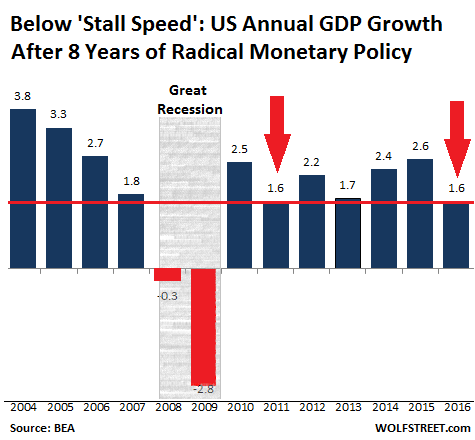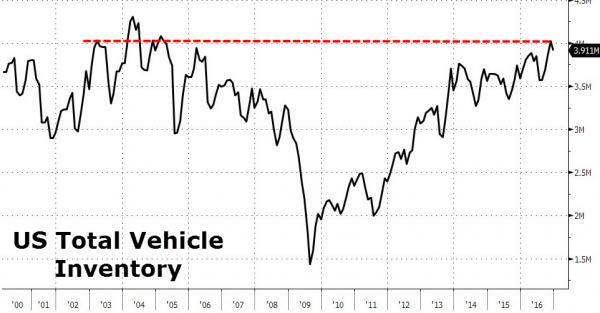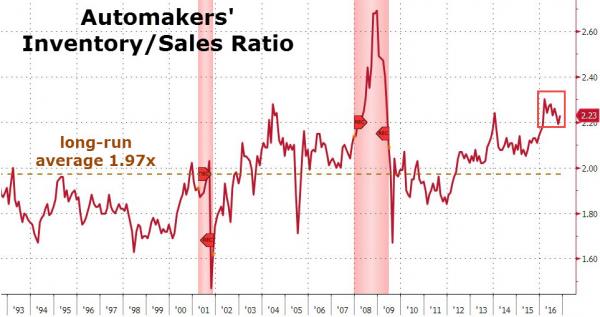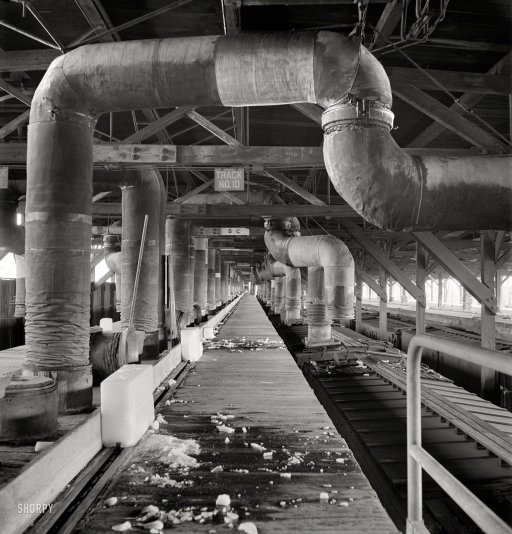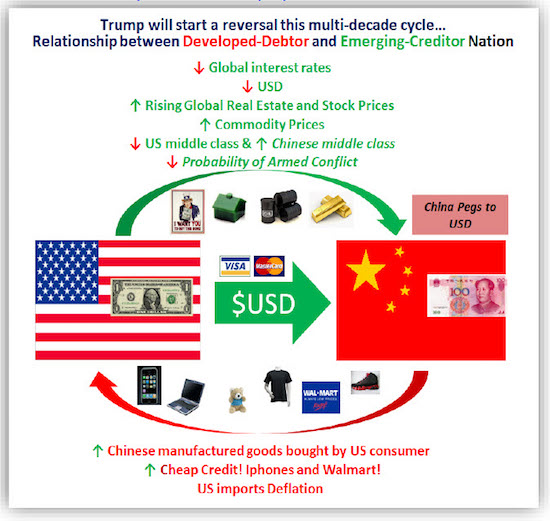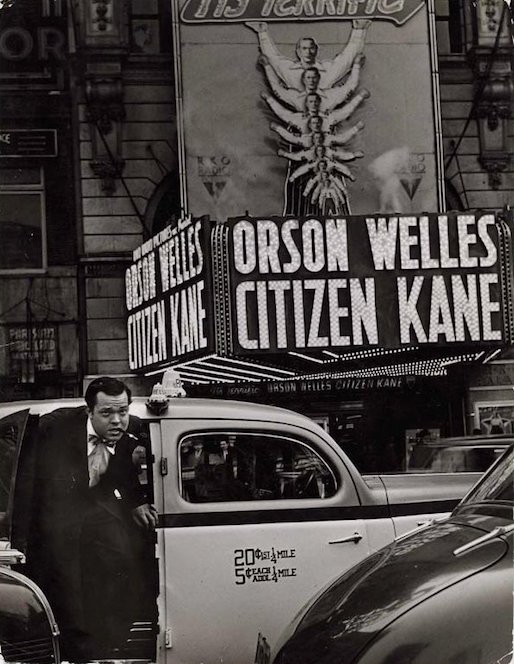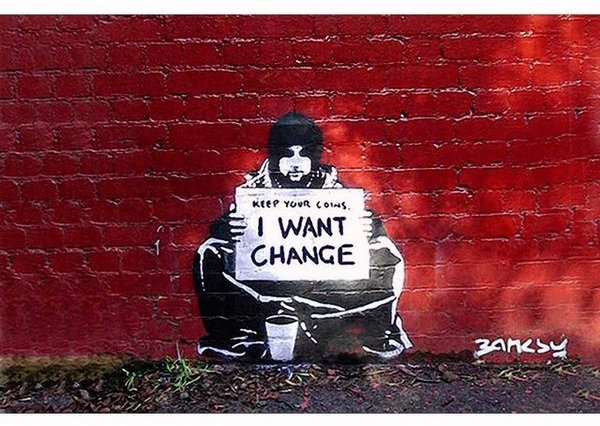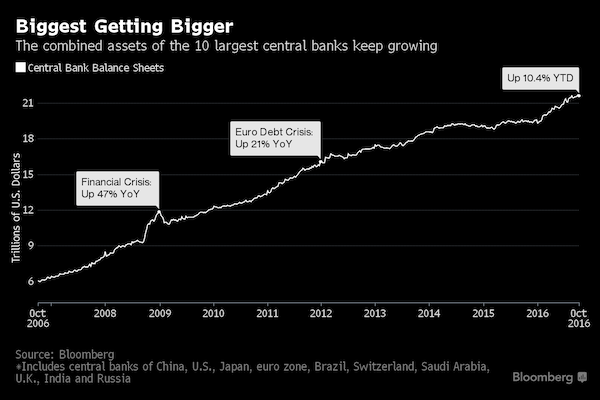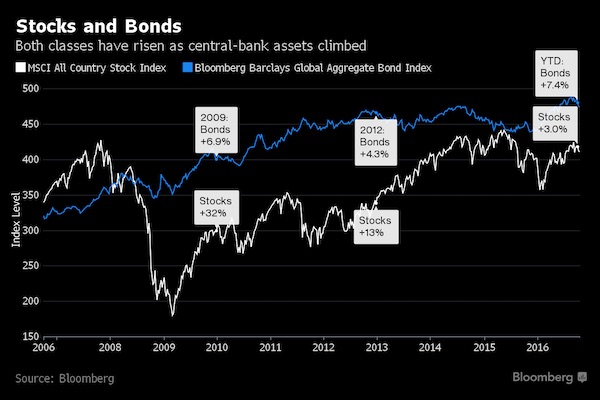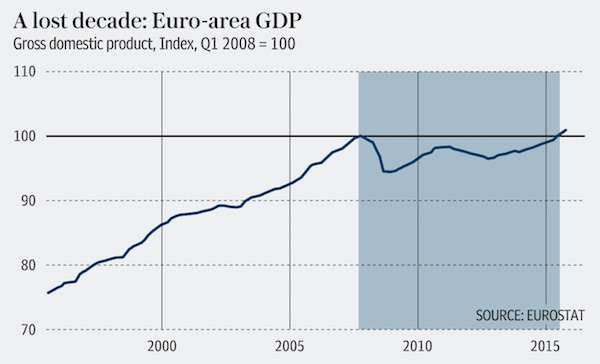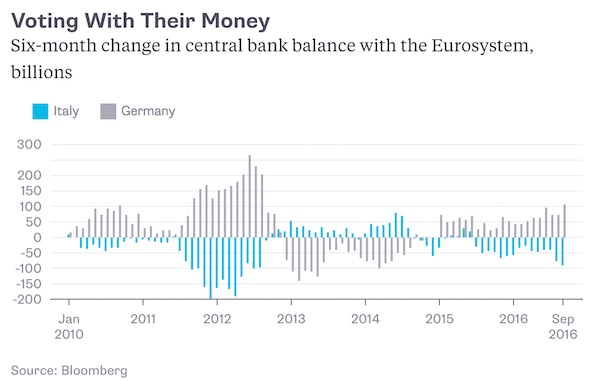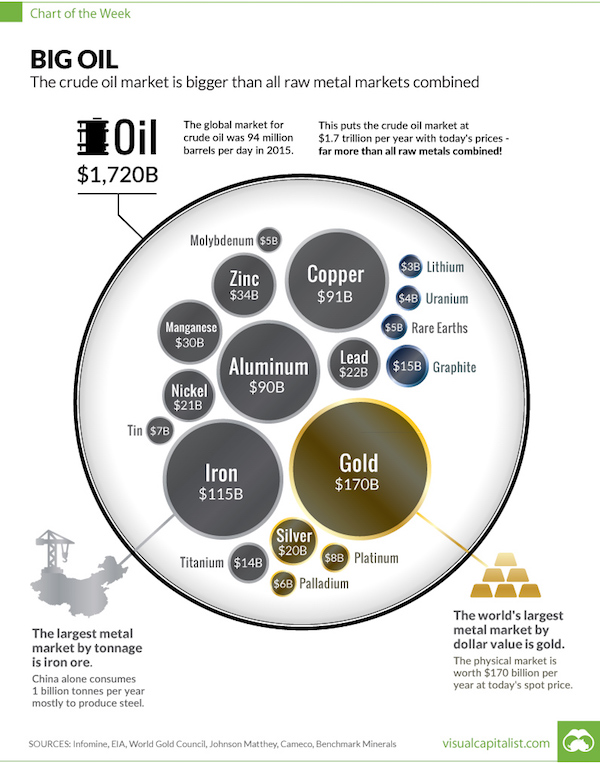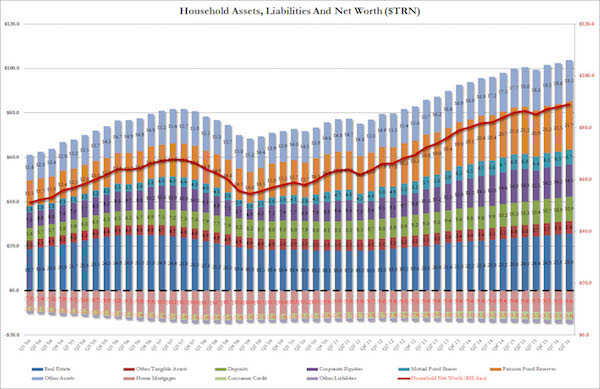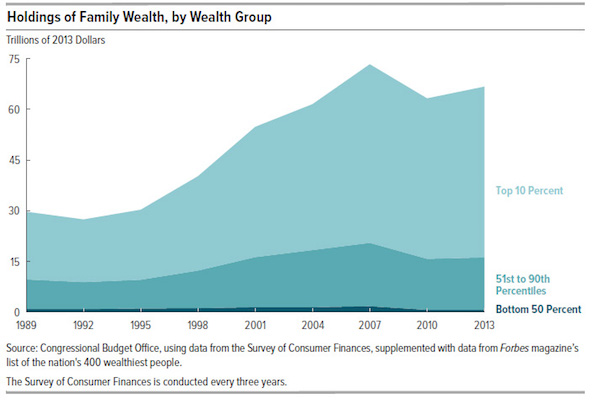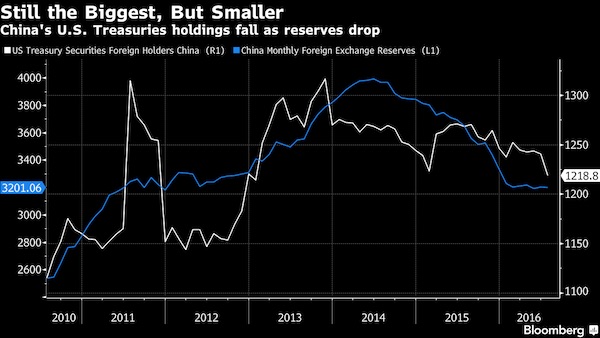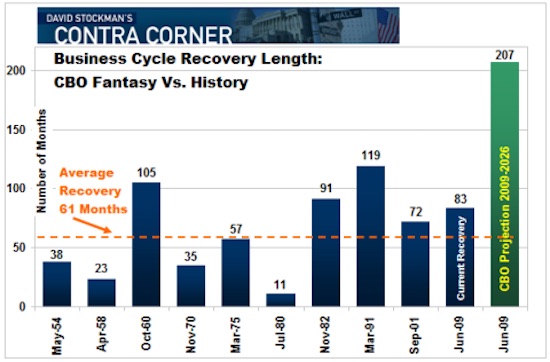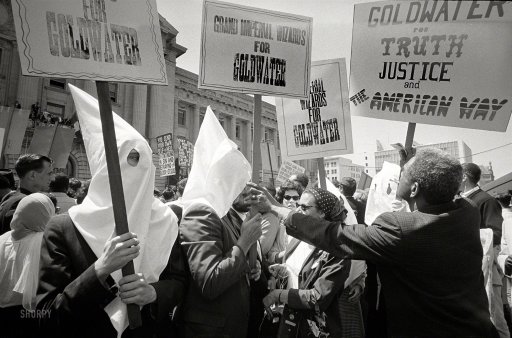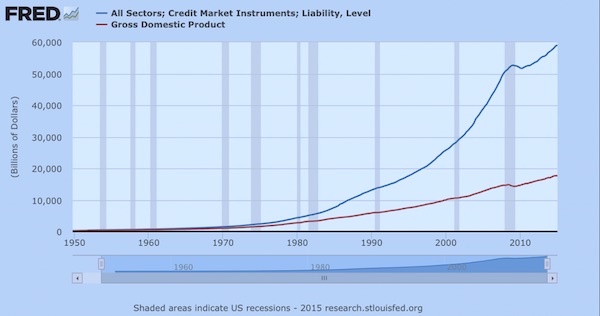
Ray K. Metzker Philadelphia 1962
You might have thought, and hoped, that recent events, such as the election of Trump as president of the US, or Brexit, or the rise of Marine Le Pen and other non-establishment forces in Europe, would, as a matter of -natural- course, have led to increased conversation and discussion between parties, entities, whose divisions were material in sparking these events.
But the opposite has happened, and continues to happen at an ever faster and fiercer pace. Various sides of various divides become ever more deaf to what other sides have to say. What still poses as conversation turns into blame games and shouting matches replete with innuendo, fake news and insinuations.
The mainstream media even find they are to an extent redeemed by this -at least financially-. Formerly last-gasp ‘news sources’, suffering from the advent of the interwebs, like the New York Times, CNN, HuffPo and WaPo, as well as Fox, Breitbart on the other side, and many others, have seen their reader- and viewerships expand over the past year as they turned into increasingly impenetrable echo chambers.
They may be losing a lot of potential attention -and revenues- from one side of the -former- debate, but that is more than made up for by rising attention from their faithful flocks. The public feel they need to have an opinion on political matters, and the media are more than willing to define, construct and phrase that opinion for them, to first confirm what people already think, and then raise it a notch or two, or three, or ten.
It works like a charm, and their finance people are looking at the numbers saying: whatever it is you guys do, keep on doing it and add some more, because we’re selling like hotcakes. Still, at least some of the writers must be wondering what exactly it is they’re doing, wondering how to define ‘journalism’ in this day and age.
All this represents a giant loss, one that not a single democracy can arguably tolerate for long, even if few of us seem to care. In democracies, it’s essential that people who do not agree, talk to each other, and do so all the time. The end of that conversation spells the end of democracy.
If anything in the future is revealed about a possible -political- connection between Trump and Russia, it will be gravely tainted by the fact that so much opinion posing as news, and so much news that was not real news, has been published about that possible connection already over the past year and change, without any evidence. The WaPo’s and HuffPo’s of the world will not even be vindicated by such a potential revelation anymore, because they lowered their journalistic levels to match those of the National Enquirer.
But even writing down something as neutral as that last paragraph is prone to lead to demonization from all kinds of ‘sources’. The Russian hack story has embedded itself so profoundly in certain corners of American and European society that it can no longer be denied or even questioned without being interpreted as suspect, if not an outright admission of guilt. All you need to know is there once was PropOrNot and its list of alleged 200 Russian propaganda sites.
It doesn’t matter how often Putin and Foreign Minister Lavrov and spokeswoman Maria Zakharova ask for proof of the accusations, because for a large and influential segment of western mainstream media that is a phase that has long since been passed. There is such an all-encompassing conviction that Russia hacked and otherwise influenced western elections that no proof is deemed necessary.
Or rather, the idea has taken on such a life of its own that things are taken to have been proven that never were. “News’, just like advertizing, has to a large extent become based on the concept of relentless repetition. Say something often enough and people will believe it, certainly when it confirms what they were looking to have confirmed to begin with. If the echo chambers fit enough lost souls, before you know it nobody asks for proof anymore.
It’s not about whether Trump is or has ever been guilty of anything he’s accused of, it’s that the insinuating narratives about that have long been written and repeated ad nauseam. It’s about whether the witch hunt exemplified by PropOrNot makes objective news gathering impossible. And the only possible response to that question must be affirmative. If only because you can’t tell one type of ‘news’ from the other anymore.
The MSM have focused on getting Hillary elected, and they failed miserably. So did she, of course, it wasn’t just them. A failure they attempt to hide from view behind a veil of never-ending anti-Russian stories that even now they still can’t prove. Which is where the FBI comes in. Sure, some of it may yet prove to be true, but even if that is so, that’s in the future, not today.
Does Trump deserve being resisted? It certainly looks that way much of the time. But he should be resisted with facts, not innuendo of yellow paper quality. That destroys the media, and the media are needed to maintain a democracy. That is both their task and their responsibility. They exist to inform people, but have instead turned into opinion-fabricating machines. Both because that expresses the opinions of their ownership, and because it’s commercially more attractive.
Take a step back and oversee the picture, and you’ll find that Trump is not the biggest threat to American democracy, the media are. They have a job but they stopped doing it. They have turned to smearing, something neither the NYT nor the WaPo should ever have stooped to, but did.
Democracy is not primarily under threat from what one party does, or the other, or a third one, it is under threat because parties have withdrawn themselves into their respective echo chambers from which no dialogue with other parties is possible, or even tolerated.
None of this is to say that there will be no revelations about some ties between some Russian entities or persons and some Trump-related ones. Such ties are entirely possible, and certainly on the business front. Whether that has had any influence on the American presidential election is a whole other story though. And jumping to conclusions because it serves your political purposes is, to put it mildly, not helping.
The problem is that so much has been said and printed on the topic that was unsubstantiated, that if actual ties are proven, that news will be blurred by what was insinuated before. You made your bed, guys.
A lot of sources today talk about how Trump was reportedly frustrated with the constant focus on the alleged Russia ties, but assuming those allegations are not true, and remember nothing has been proven after a year of echo-chambering, isn’t it at least a little understandable that he would be?
Comey was already compromised from 10 different angles, and many wanted him gone, though not necessarily at the same time . The same Democrats, and their media, who now scream murder because he was fired, fell over themselves clamoring for his resignation for months. That does not constitute an opinion, it’s the opposite of one: you can’t change your view of someone as important as the FBI director every day and twice on Sundays without losing credibility.
And yes, many Republicans played similar games. It’s the kind of game that has become acceptable in the Washington swamp and the media that report on it. And many of them also protest yesterday’s decision. Ostensibly, it all has to do not with the fact that Comey was fired, but with the timing. Which in turn would be linked to the fact that the FBI is investigating Trump.
But what’s the logic there? That firing Comey would halt that investigation? Why would that be true? Why would a replacement director do that? Don’t FBI agents count for anything? And isn’t the present investigation itself supposed to be proof that there is proof and/or strong suspicion of that alleged link between Russia and the Trump election victory? Wouldn’t those agents revolt if a new director threw that away with the bathwater?
Since we still run on ‘innocent until proven guilty’, perhaps it’s a thought to hold back a little, but given what we’ve seen since, say, early 2016, that doesn’t look like an option anymore. The trenches have been dug.
These are troubled times, but the trouble is not necessarily where you might think it is. America has an undeniable political crisis, and a severe one, but that’s not the only crisis.



